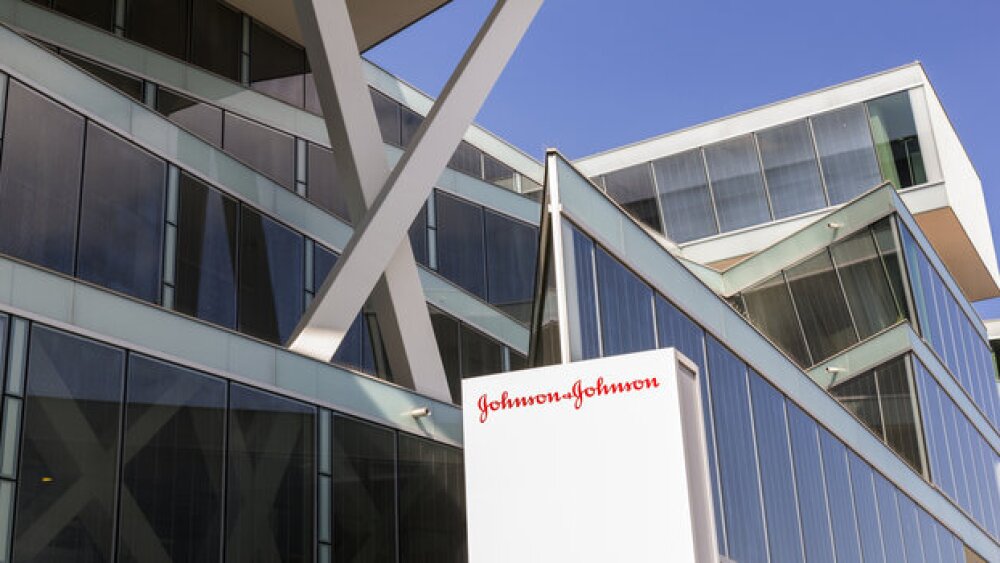The company plans to submit its biologic license application (BLA) to China’s National Medical Products Administration (NMPA) and other regulators worldwide.
Junshi Biosciences, based in Shanghai, China, announced that an Independent Monitoring Committee (IDMC) decided its Phase III JUPITER-02 trial had met its pre-specified primary endpoint at the interim analysis. The trial was evaluating their PD-L1 checkpoint inhibitor toripalimab in combination with gemcitabine/cisplatin as a first-line treatment for recurrent or metastatic nasopharyngeal carcinoma (NPC). The drug significantly extended progression-free survival over gemcitabine/cisplatin alone.
The company plans to submit its biologic license application (BLA) to China’s National Medical Products Administration (NMPA) and other regulators worldwide.
The JUPITER-02 trial evaluated 289 patients. Its secondary endpoints were overall survival, objective response rate, duration of response, disease control rate and safety.
The drug was first approved in China in December 2018 for second-line treatment of metastatic melanoma and launched in February 2019. The company is conducting more than 30 clinical trials for more than 10 indications in China, the U.S. and other countries. In March 2020, the U.S. Food and Drug Administration (FDA) granted toripalimab in combination with axitinib for the treatment of mucosal melanoma Orphan Drug designation. And in May 2020, the FDA granted it Orphan Drug status for nasopharyngeal carcinoma.
On September 10, the FDA granted the drug Breakthrough Therapy designation for nasopharyngeal carcinoma.
“The Breakthrough Therapy designation granted by FDA recognizes the significant clinical benefits of toripalimab has shown for the treatment of nasopharyngeal carcinoma,” said Ning Li, Junshi’s chief executive officer. “Junshi prioritizes cancer types with high prevalence in China such as nasopharyngeal carcinoma, lung and liver cancer, but we found that great unmet medical needs also exist in other countries where patients are endangered by this deadly disease. The BTD will allow us to work with the FDA closely to bring the therapy to patients worldwide expeditiously.”
Nasopharyngeal carcinoma is a malignant cancer in the mucosal epithelium of the nasopharynx, primarily in the parietal and lateral walls of the nasopharynx, and especially in the pharyngeal recess. As of 2018, there were about 129,000 new cases globally. It is one of the most common malignant cancers in China, significantly higher than the world average.
Once filed, the company believes it will be the first ever filing of a PD-1 checkpoint inhibitor for nasopharyngeal carcinoma.
Junshi Biosciences was founded in 2012. It has a pipeline of 26 drugs and two biosimilars in five therapeutic areas, including cancer, autoimmune disease, metabolic disorders, neurologic and infectious diseases.
Earlier in the year, in May, Junshi and Eli Lilly and Company inked a deal to co-develop therapeutic antibodies for the prevention and treatment of COVID-19. Junshi was one of the first companies to begin developing therapies against COVID-19, with multiple neutralizing antibodies engineered. Should they be approved, Lilly will hold exclusive license to conduct clinical development, manufacturing and distribution outside of Greater China, with Junshi maintaining all rights in China.
“As the number of global cases continues to grow, there is an urgent need to study multiple complementary approaches to address this disease,” said Daniel Skovronsky, Lilly’s chief scientific officer and president of Lilly Research Laboratories. “The data generated by Junshi Biosciences suggest the lead antibody may have appropriate properties to support testing its therapeutic use in patients as well as exploring its potential for preventing infection in at-risk individuals. We look forward to partnering with Junshi Biosciences to quickly begin testing this potential new therapy in clinical trials.”





